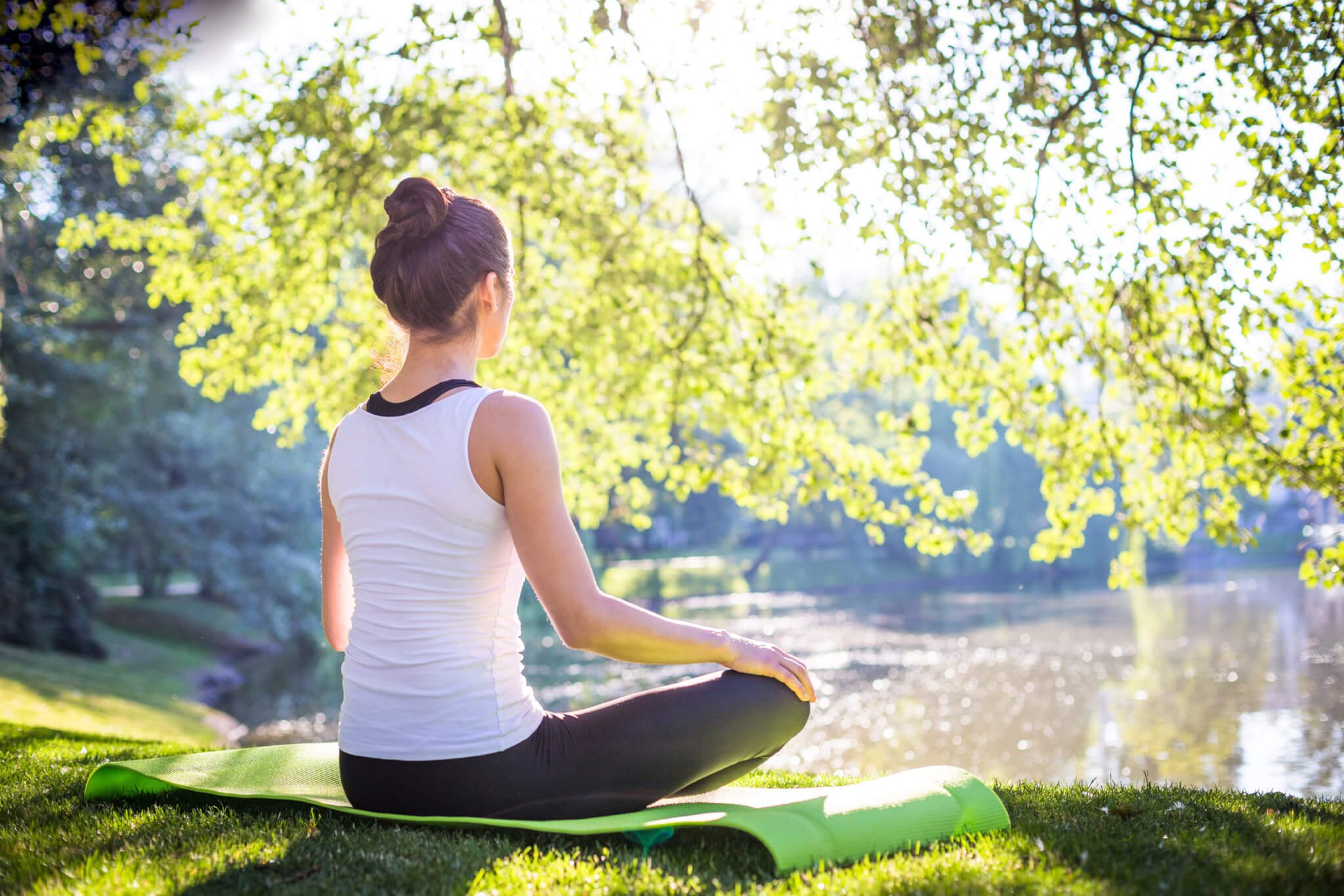Thinking back to March 2020, nobody expected to be faced with various restrictions of movement and multiple lockdowns, where working from home is now the new norm. As restrictions ease, however, we are faced with a different type of stress and anxiety. Some of us are still very anxious about being able to move about freely after being on our own for such a long time. We’ve put together some helpful ways to deal with post lockdown anxiety, depression and agoraphobia.
1. Go at your own pace.
It might be tempting to make lots of plans and say yes to everything as things start to open up, but there’s no need to rush. Take it step by step, and only do what is comfortable and safe for you to do to ease back into socialising – then you can build this back up as your confidence returns.
2. Discuss any changes with others.
Before socialising with others, talk about the situation with them to make sure everybody is on the same page about what feels comfortable. If you live with other people, it’s a good idea to talk to them about changes to restrictions as well. Being aware of everybody’s fears and expectations can help to avoid conflict.
3. Acknowledge your feelings.
Just noticing how you feel can be a baby step. Try to name your emotions. There is no right or wrong here. Just labelling what you feel is a way to own that emotion and believe you have a right to feel this way. The important thing is not to quieten those feelings, but value them.
4. Recognise your triggers.
Noticing who or what drains you in your life can be another brave and simple step to reducing your stress levels. It can then allow you to support yourself, to choose where to conserve your energies and to find ways that work for you to refuel. How does stress show up in you?
5. Focus on what you can control.
It can be tough to keep our minds on the things we want and off the things we don’t. A simple practice is to create two lists focused on ‘what you can control in your life’ matched with a ‘what you can’t control’. Notice the difference between areas that cause you ‘concern’ and those you can influence. What do you see?
6. Challenge unhelpful thoughts.
It’s natural to feel worried every now and again, but our anxious thoughts can sometimes be unhelpful. If you can learn to identify and separate unhelpful thoughts from helpful ones, you can find a different way to look at the situation. There are many self-help videos that can be used such as reframing unhelpful thoughts.
7. Try to establish a routine.
During lockdown, life changed for us all and we developed new routines. Even if your normal weekday or weekend habits begin to change again now, some things can stay the same. Are there areas in your life where it’s easier to stick to a routine? Something as simple as going to bed and waking up at the same time each day or making sure to stick to your set lunch break can make a big difference.
Since the start of lockdown there has been an increase in mental health problems throughout Ireland and the world. In February 2021 the Central Statistics Office (CSO) released a report examining mental health in Ireland. The report stated that “57.1% of respondents report their mental health and wellbeing is negatively affected, with 41.7% rating their overall life satisfaction as “low” and the rate of those describing themselves as “downhearted or depressed” all or most of the time continues to increase – from 5.5% during the first wave last April, to 11.5% during the second wave in November and now 15.1%.”
The College of Psychiatrists of Ireland conducted a survey of 180 psychiatrists on the impact of mental health in the seven month period from June 2020 until December 2020, “During that time 36% reported a significant increase in the volume of referrals for secondary mental health services, thirty per cent reported a significant increase in emergency interventions and 28% reported that the number of patients experiencing a relapse of mental health illness had also increased.”
Maynooth University and Trinity College Dublin studied 1,000 people in March and April 2020 (during the initial restrictions) and “found that 41% of respondents reported feeling lonely, 23%, reported clinically meaningful depression, 20% reported clinically meaningful anxiety and 18% reported clinically meaningful post-traumatic stress” (Hyland et al, 2020).
However, there is light at the end of the tunnel. Do your part by continuing to follow the government recommended COVID-19 guidelines. It may seem like every time we take a step towards progress, we end up taking a step back, but by following these guidelines and being considerate of others, we will get there. On top of the tips mentioned above, there are other ways of coping if your generalised anxiety or Covid-19 related anxiety becomes too much. You can avail of talk therapy. This can be in the form of counselling, talking to a friend or by joining a support group. A problem shared is a problem halved as they say! If you would like to avail of therapy with Spectrum Mental Health, you can book an appointment by calling 01 611 1719 or by emailing hello@mentalhealth.ie.
Referencing
Social Impact of COVID-19 Survey February 2021: Well-being – CSO https://www.cso.ie/en/releasesandpublications/ep/p-sic19wbg/socialimpactofcovid-19surveyfebruary2021well-being/resultsandanalysis/
College of Psychiatrists survey on impact of Covid-19 on Mental Health https://www.irishpsychiatry.ie/blog/press-statement-college-of-psychiatrists-survey-on-impact-of-covid-19-on-mental-health/
Hyland P, Vallières F, Shevlin M, Murphy J, McBride O, Karatzias T et al. COVID-19 mental health survey by Maynooth University and Trinity College finds high rates of anxiety. Maynooth: Maynooth University, 2020.






